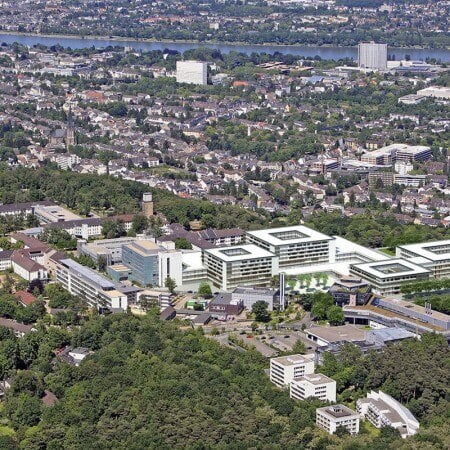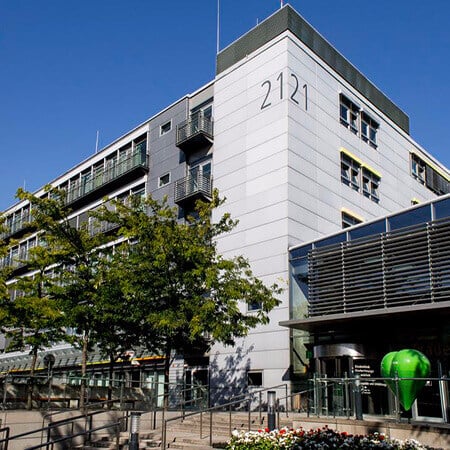About the disease
Interstitial nephritis is a kidney disease, during which the kidney tubules become swollen. Overall, kidneys are responsible for filtering the blood and helping the body get rid of all the waste. Kidney tubules reabsorb the water from the filtrate substances and then secrete all not needed elements into the urine, where they are excreted. In case of interstitial nephritis these tubules become inflamed and are not able to carry out their function anymore. There are two forms of interstitial nephritis: chronic and acute which are caused by different factors. The main indicator of interstitial nephritis is decreased amount of urine, which happens because kidney tubules are not able to secrete the waste and all excessive substances anymore. Interstitial nephritis is more common in people older 50 with 70% of all cases if this condition being recorded in this age group. Most often interstitial nephritis is triggered by allergic reaction of the body to pain relievers and various antibiotics. In fact, there are more than 100 medications which can cause development of interstitial nephritis, that why it is important to take only prescribed medicines.
Symptoms
- Water retention
- Rare need to urinate
- Fever
- Weight gain, which happens because of water retention
- Fatigue
- Pain in the kidneys and lower back
- Bloating
Diagnosis
- Blood test is used to determine the levels of creatinine and nitrogen, which can be abnormal in case of interstitial nephritis.
- Urinalysis is very important for diagnosis, as it can show traces of inflammation and problems with waste excretion from kidney tubules.
- Kidney ultrasound determines if interstitial nephritis affected other parts of kidneys.
Treatment
- Conservative treatment is usually efficient in curing the interstitial nephritis completely. First of all, doctor removes the drug, which caused allergic reaction, not to provoke the inflammation in kidney tubules. Other anti-inflammatory drugs may be ordered to speed up the recovery process. A person is also very often recommended to decrease salt consumption to fight water retention and to go on a low-protein diet.
- Dialysis is used very rarely, if interstitial nephritis was diagnosed too late and caused damage to the kidneys. In such cases dialysis is able to help kidneys function normally again and is used until full recovery.
Authors: Dr. Nadezhda Ivanisova, Dr. Sergey Pashchenko


















